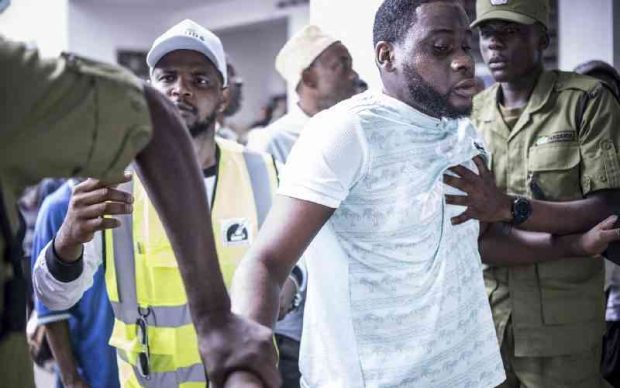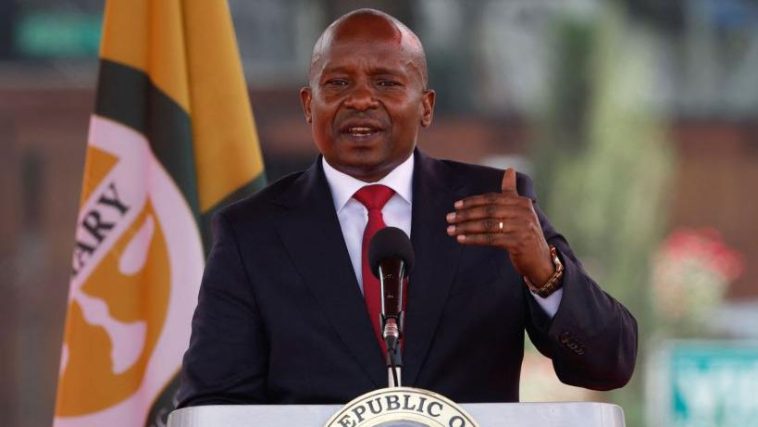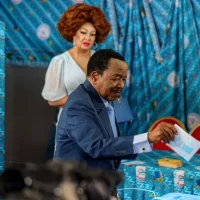Deputy President Kithure Kindiki has called for calm as Tanzania struggles with unrest following its controversial elections. On Wednesday, October 29, citizens went to the polls to elect leaders in a process widely criticized for its lack of transparency.

President Samia Suluhu Hassan, seeking a second term under the long-ruling Chama Cha Mapinduzi (CCM), is running virtually unopposed after key opposition candidates were disqualified. The electoral commission barred the leading opposition parties, CHADEMA and ACT-Wazalendo, from presenting presidential contenders, leaving voters with limited choices.
Election day quickly turned chaotic. Protesters clashed with police across multiple regions, leaving many seriously injured. The BBC reported that demonstrators set cars ablaze and damaged public property while demanding the elections be canceled. The violence reflected growing frustrations over a process seen as unfair and restrictive.
Responding to the unrest, Deputy President Kindiki posted on Facebook urging peace and stability. He expressed concern for Tanzanians’ wellbeing as the electoral commission prepared to announce results. “Praying for the peace, stability and wellbeing of our brothers and sisters, our neighbours, the people of Tanzania,” Kindiki wrote, signaling solidarity during the tense period.
Analysts say the elections highlight ongoing political challenges in the region, including limited space for opposition and restricted avenues for dissent. While President Samia’s position is strengthened by the absence of strong competitors, the protests reveal widespread dissatisfaction among the public.
As Tanzanians await the official outcome, the international community continues to monitor the situation closely. Kindiki’s message aligns with broader regional calls for non-violence and dialogue, emphasizing the need to maintain peace even amid political uncertainty.
The events in Tanzania underscore the fragility of electoral democracy and the importance of transparent, inclusive, and credible voting processes. Citizens and leaders face the challenge of balancing political ambitions with social stability, ensuring that the country navigates the elections without further unrest. The unrest serves as a stark reminder that democracy requires not just ballots, but fairness, trust and public confidence to thrive.
Discover more from ULIZA LINKS NEWS
Subscribe to get the latest posts sent to your email.



